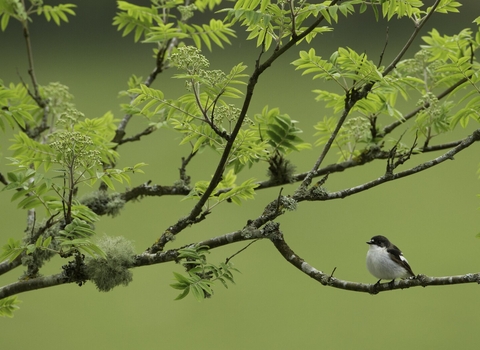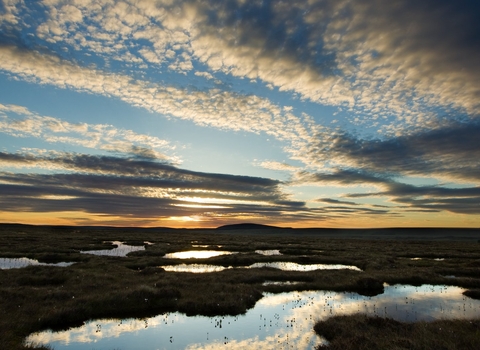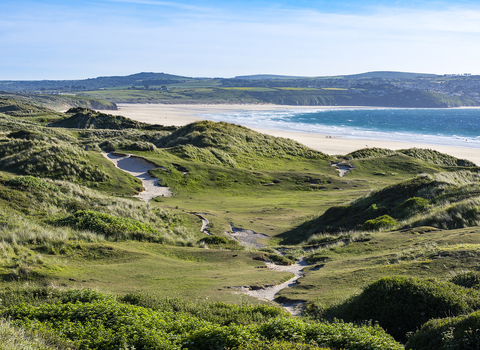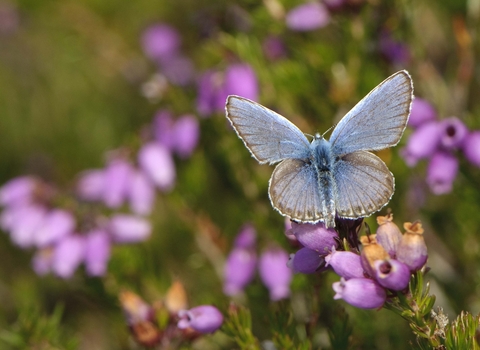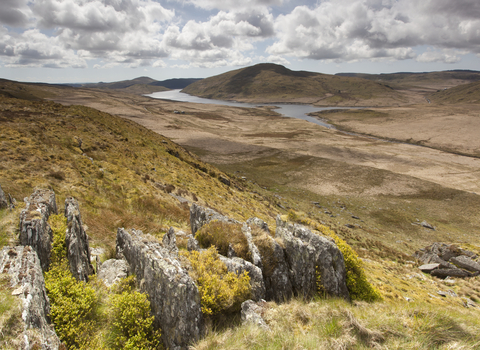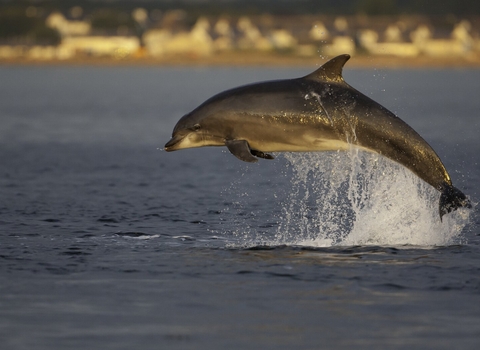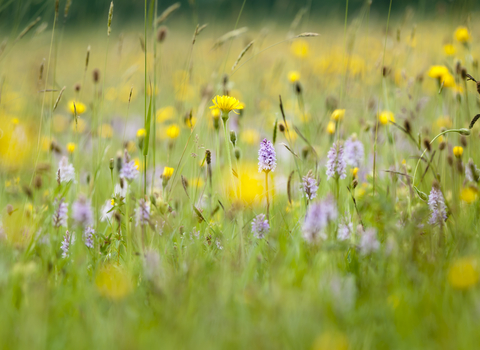Giving nature a voice
We are in the middle of a climate and nature emergency, and the two are inextricably linked. Climate change is driving nature’s decline, and the loss of wildlife and wild places leaves us ill-equipped to reduce carbon emissions and adapt to change.
One cannot be solved without the other.
That is why The Wildlife Trusts are calling on the Government, industry and local authorities to step up and take action, by investing in nature’s recovery and climate change mitigation.
We know from experience that restoring nature can help soak up carbon emissions, whilst contributing many additional benefits. When healthy, our natural habitats can reduce the risk of flooding, help prevent coastal erosion, improve people’s health and wellbeing, as well as maintain healthy soils, clean water and the pollinators needed for our crops – and therefore sustain us.
What we're doing
Today the pressures on nature are wide and complex so we save wildlife and wild places in different ways. Here we look at the principal ways we do this:
We influence and develop policies for our land and seas – by using our experience of what works on the ground to work and campaign for laws and polices that help wildlife on land and at sea. Legislation and policy that helps wildlife often has many benefits for people too.
We look after 216 nature reserves in Wales – by protecting and managing special habitats and rare and uncommon wildlife, defending them against damage.
We create Living Landscapes – by working with partners to restore habitats over larger areas of land like river corridors.
We protect wildlife at sea – by campaigning for its protection, collecting data and ensuring that developments like wind farms do the least damage to marine habitats.
We help others to manage land for wildlife – by providing advice and support to farmers, business, local councils and schools. Many Wildlife Trusts are involved with looking after registers of Local Wildlife Sites - areas of wildlife-rich land given some protection through the planning system. This work is often in partnership with local councils, landowners and local environmental record centres.
We save species at risk – by running targeted conservation programmes to help save water voles, red squirrels, barn owls, hedgehogs and other wildlife.
We carry out research – by undertaking surveys to gather information on wildlife and habitats and the impact of our conservation management. We don't just do this on land. We run a programme of coastal wildlife surveys - Shoresearch - and undersea surveys where divers collect information on marine wildlife and habitats to guide conservation and identify areas of the seabed that should be protected for their wildlife.
Working together, people can change the natural world for the better; everyone has a part to play.

